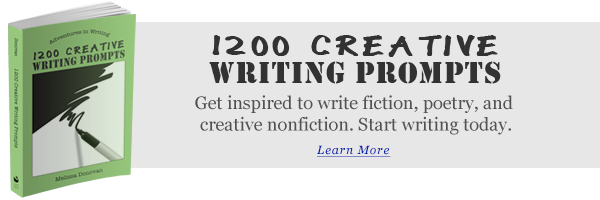“Unlocking the Secret to Bukowski’s Wild Success: What Authors Can Learn from His Unlikely Deal”
Imagine waking up and realizing you’ve got a passion worth pursuing. Maybe it’s writing that best-selling novel or crafting poetry that resonates. But then, BAM! Your heart sinks as reality sets in: “How on earth am I going to pay the bills?” If you’ve ever felt the tug-of-war between your paycheck and your passion, you’re not alone. Charles Bukowski’s journey is a testament to how a financial lifeline can ignite creativity. In 1965, his life changed with a simple deal—$100 a month from his publisher, as long as he committed to writing full-time. Less than you think, huh? In a world where the myth of “riches and fame” clouds the path to creativity, this compelling story teaches us that sometimes, all we need is just enough to leap into our true calling. So, what’s stopping you? To explore more about how you can make that leap without breaking the bank, LEARN MORE.

It takes money to write full-time (but less than you think)
Love him or hate him, Charles Bukowski’s writing is hard to ignore.
And the fact that we have any work from such a singular voice is almost entirely thanks to a simple deal that Bukowski’s first publisher, John Martin, struck with the promising poet in 1965.
The story goes that when Martin signed Bukowski to Black Sparrow Press he promised him an income of $100 a month “for life” if he quit his job at the US Post Office and wrote full-time.
As long as Bukowski wrote and regularly sent Martin work — either poetry or fiction — Martin would mail Bukowski a check for $100 every month.
And it worked.
Bukowski was so grateful for this financial lifeline — the first stability he’d experienced in decades — that he wrote his debut novel, Post Office, in less than a month.
And while times have certainly changed since 1965, I’d argue that this story is just as relevant today. Because the only thing most people need to “become a writer” isn’t a fancy book deal, riches, or fame.
They just need enough money to quit their day job and write.














Post Comment